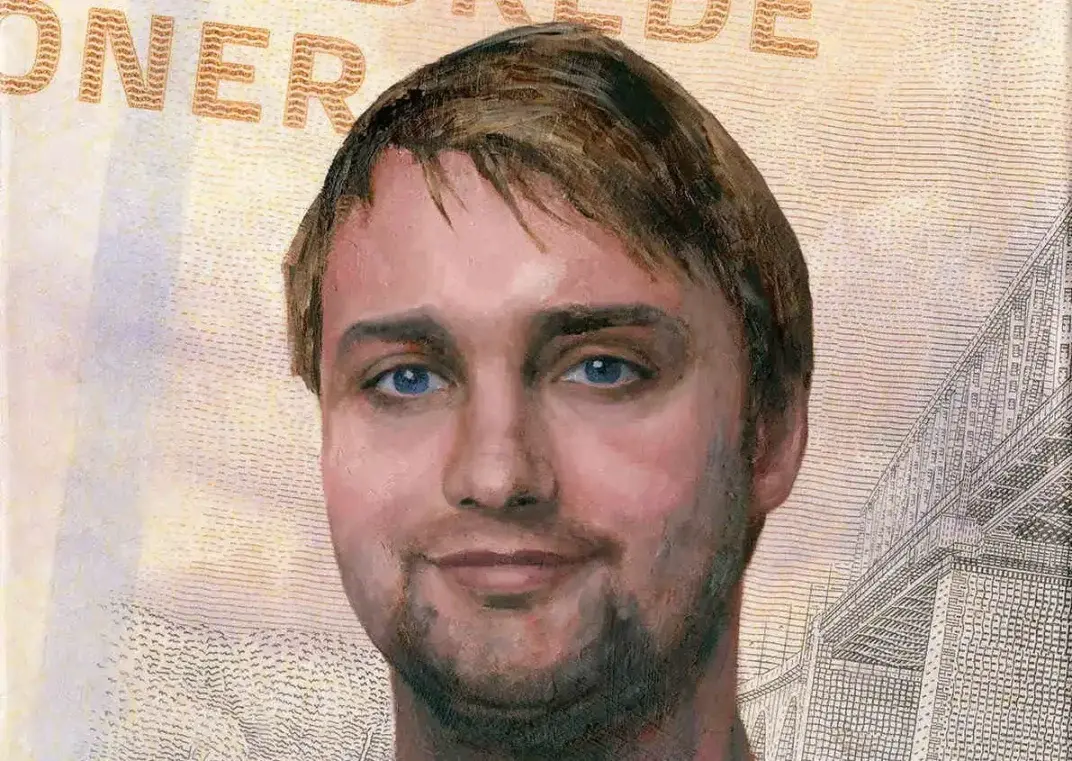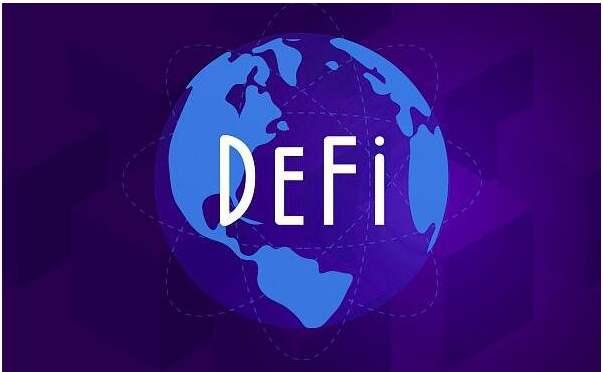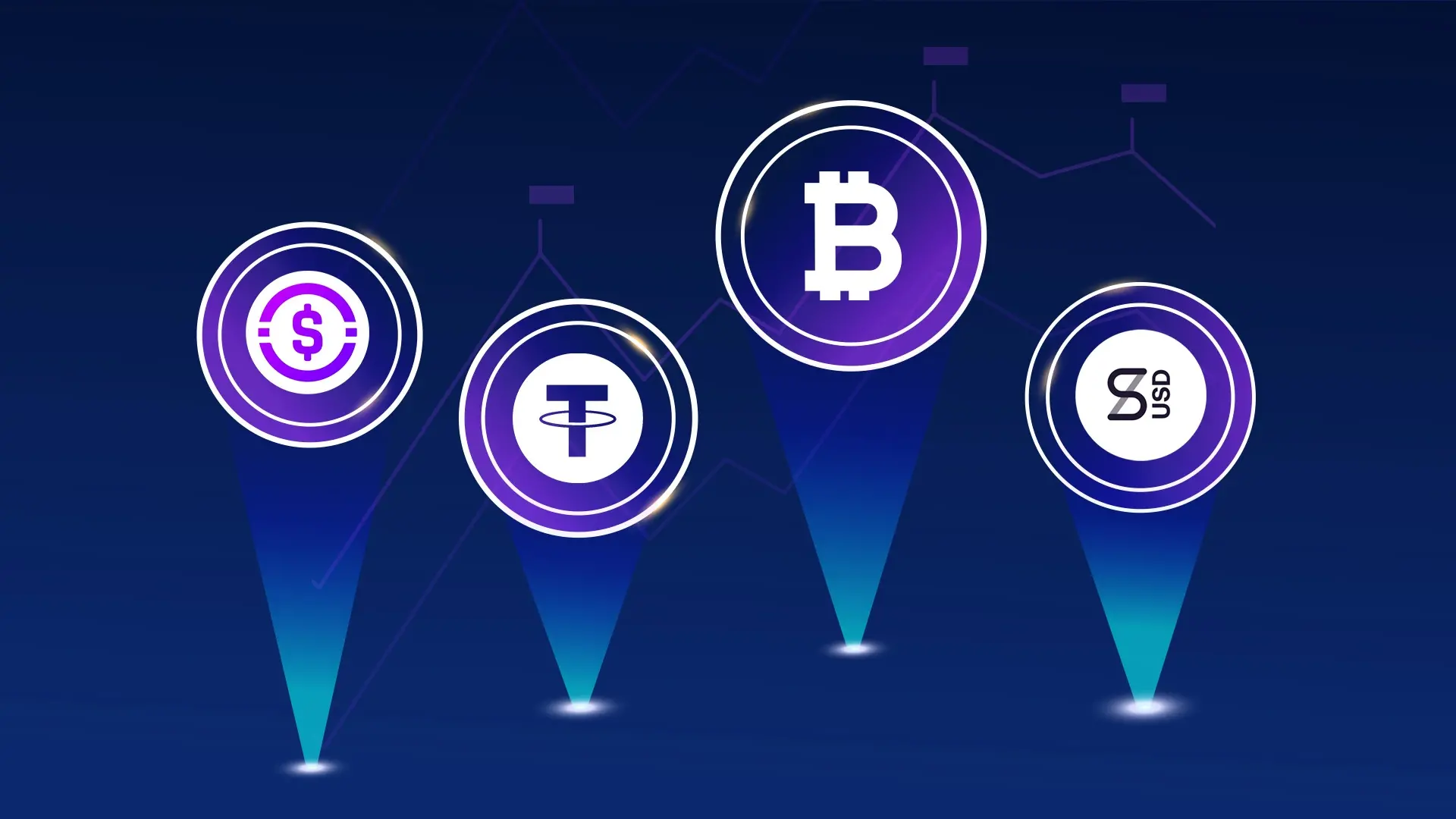Incredible, the established DeFi protocol MakerDAO lost 5 million dollars in the first quarter
Author: Tim Craig & Sheldon Reback, CoinDesk Authors
Compiled by: Rhythm Xiao deep
Editor’s note: The DeFi savings protocol Sky (formerly MakerDAO) reported a loss of $5 million in the first quarter of 2025, a stark contrast to the $31 million profit in the previous quarter. The loss was primarily due to incentivizing the use of the new stablecoin USDS instead of DAI, leading to a 102% surge in interest payments. Although USDS aims to attract sophisticated investors, its user base growth remains unclear, and the protocol's profitability is hampered by high interest rates.
Here is the original content (reorganized for readability):
TL;DR
- The DeFi savings protocol Sky (formerly MakerDAO) reported a loss of $5 million in the first quarter, a significant drop from the $31 million profit in the previous quarter.
- To incentivize users to use the new stablecoin USDS instead of DAI, the protocol increased interest payments to depositors by 102%.
- Despite the launch of USDS to attract sophisticated investors, it remains unclear whether it has significantly expanded Sky's user base.

Sky co-founder Rune Christensen (original image provided by Trevor Jones)
According to a report from Sky contributor Steakhouse Financial, the DeFi savings protocol Sky lost $5 million in the first quarter due to more than doubling interest payments to token holders.
This loss stands in stark contrast to the previous quarter, when Sky recorded a profit of $31 million. The 102% increase in interest payments was due to the protocol's decision to incentivize users to use the newer Sky Dollar stablecoin (USDS) instead of the existing DAI.
“Sky's savings rate remains at 12.5%, which is very high compared to other parts of the market, attracting a significant inflow of funds,” Sky co-founder Rune Christensen told CoinDesk via Telegram. He noted that many investors chose to stay even when Sky lowered the rate to 4.5% in February.
This situation is a double-edged sword for the protocol, which is one of the first decentralized finance applications that emerged on Ethereum in 2017.
Sky operates similarly to traditional banks. It needs to lend out at a rate higher than what it pays to depositors.
However, offering higher rates without a corresponding increase in demand for USDS is harming the protocol's profitability, said PaperImperium, governance liaison at blockchain research and development firm GFX Labs, via Telegram to CoinDesk.
“USDS is a significant drag on earnings,” he said. “DAI makes money, but USDS does not.”
The push for USDS is part of Sky's so-called "endgame plan," led by Christensen, aimed at transforming the protocol into a more decentralized and resilient system.
No New Demand?
When Sky rebranded from MakerDAO and launched USDS in August as part of the endgame plan, the intention was for the new stablecoin to attract a different user base than DAI.
USDS is designed to be more compliant with regulatory and financial reporting requirements, targeting hedge funds, family offices, and other sophisticated institutional investors looking to venture into decentralized finance.
But it remains unclear whether USDS has attracted a significant number of new users.
Investors receive different returns on USDS and DAI: USDS pays a 4.5% yield, while DAI offers 2.75%.
Many investors have swapped DAI for USDS, meaning Sky needs to pay more to those who were previously satisfied with lower or even no yields, PaperImperium stated.
The report noted that since the beginning of this quarter, the total supply of USDS and DAI has increased by 57%. However, a large portion of this growth comes from the synthetic dollar protocol Ethena, which has injected over $450 million into staked USDS and passed the earnings to users staking its own stablecoin USDe.
In the past week, Ethena has shifted part of its reserves from USDS to USDtb—a stablecoin backed by BlackRock's dollar institutional digital liquidity fund (BUIDL).
This move means a reduction in the circulating USDS. However, it may also benefit Sky by reducing the amount of interest the protocol has to pay.

































